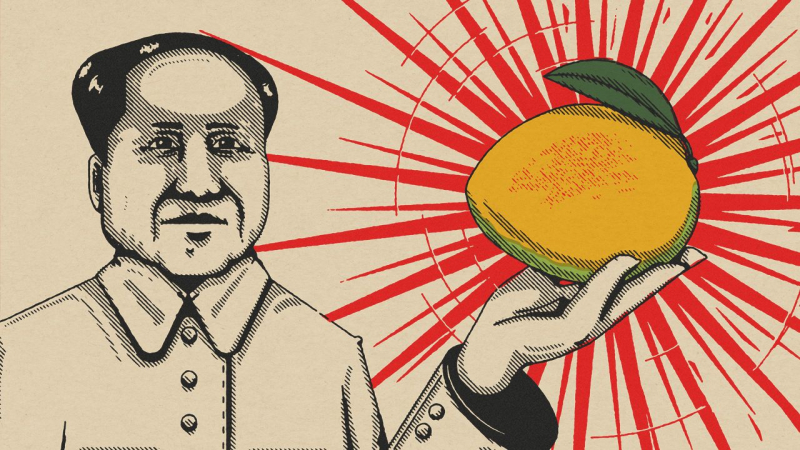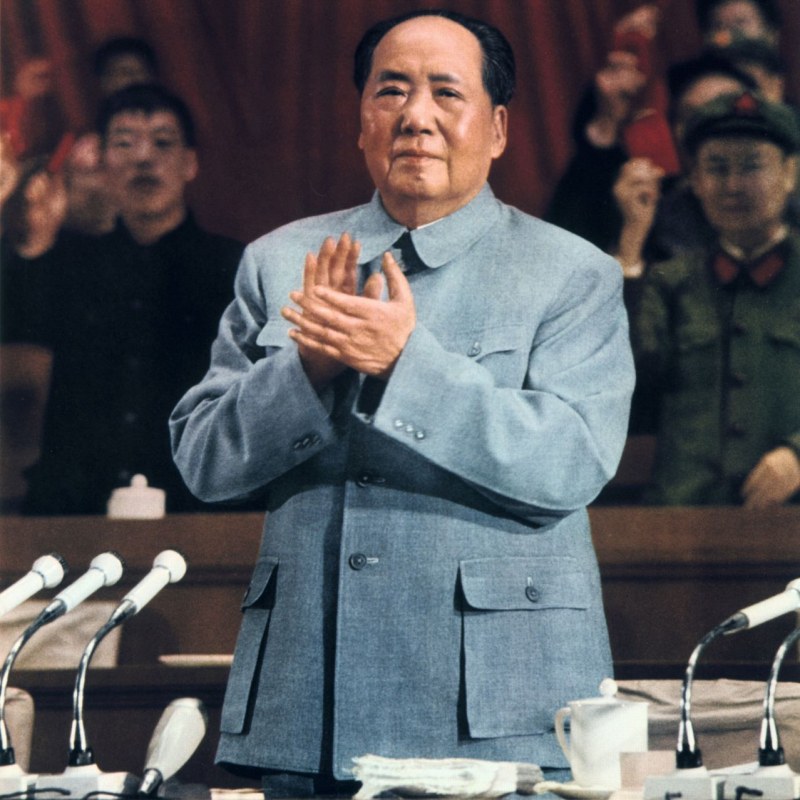Mangoes were used under Chairman Mao’s rule as an offering to the working class
In August 1968, China was suddenly engulfed by a mango craze. The fruit was lauded in poetry, revered on shrines, and traveled the country like a star. People posed for photographs alongside mangoes, drank tea from mango cups, and smoked MangGuo cigarettes. Thousands of villagers clashed in Guizhou over a black-and-white mango photograph. Surprisingly, the majority of the fruit devotees have never tried one. In fact, the mango was essentially unknown just a few months ago from that time.
The mango cult arose amid the upheaval and terror of Chairman Mao's Cultural Revolution, a decade-long campaign to rid the communist society of any vestiges of capitalist ideas and traditional Chinese culture. The Great Leap Forward, a series of agricultural and industrial reforms that resulted in starvation and an estimated 45 million fatalities, harmed Mao's reputation. He called on Chinese youth to dig out "capitalist roaders" and relics of the so-called feudal past in order to restore his power and clear out political competitors.
Mangoes were employed as a working-class offering during Chairman Mao's reign. As part of his dedication to China's working class, the Chairman re-gifted mangoes brought by a Pakistani delegation to industrial employees in Beijing. The manufacturing workers were so moved by the Chairman's willingness to sacrifice his own mangoes for them that they attempted to preserve the fruits. If a mango spoiled, it was used to make a community soup. Wax mangoes were also distributed as presents, and street parades were arranged to commemorate the mango and, of course, Chairman Mao.









